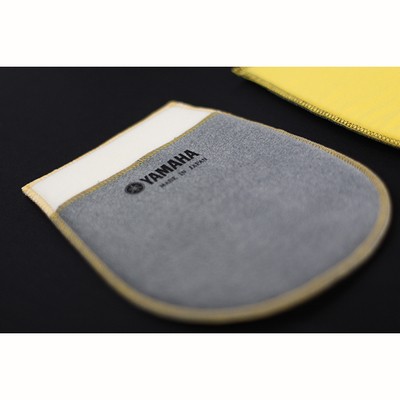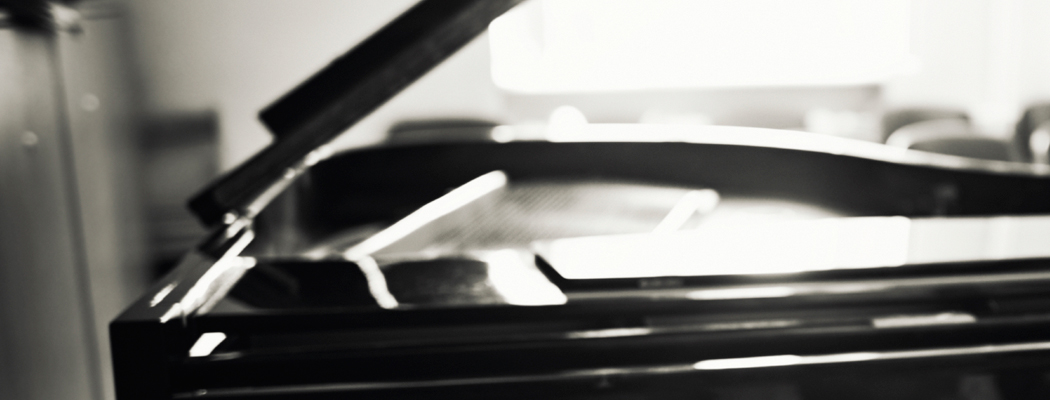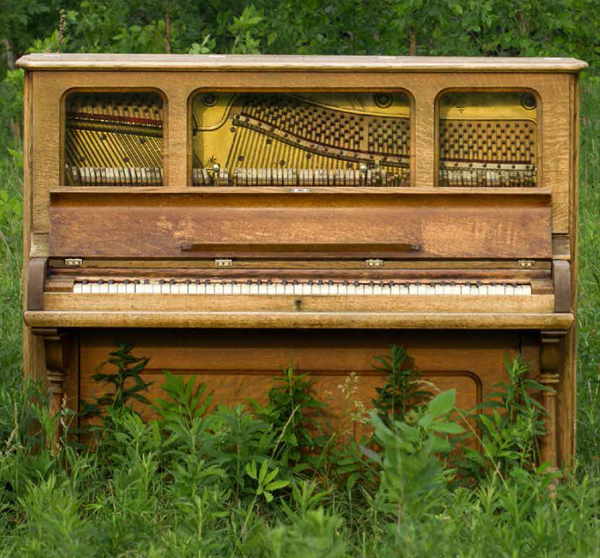A piano should be properly maintained. That goes without saying. However, you would be surprised what piano owners do to their instruments over time. So let’s start with some basic maintenance to ensure that your piano is enjoyed for many years to come.
Don’t Overload that Music Desk, particularly on Grand Pianos
Pens, pencils, paper clips, a trumpet mouth piece…and a solid chocolate Easter egg. These are some of the items that I’ve found inside grand pianos. However, it’s easy to understand why these items fall in when you take a look at how exposed the inside of a piano can be when the lid is folded back to make use of the music desk.
One way to prevent items falling inside the piano is not to overload the music desk. It doesn’t take much for an item to fall inside and stop a key from working. Stationery (as well as a trumpet mouth piece and an Easter egg for that matter) does not belong inside a piano! Please take care when the piano is in this position.
Cleaning
Speaking of items that don’t belong inside a piano…detritus. Dust, pencil eraser shavings, even small scraps of paper. If you think of the mechanisms that are inside a piano, all of these have to work in order for the piano to function; a build-up of detritus will inhibit this. Get your piano technician to regularly clean the inside of the piano to stop the detritus build-up.
On the outside of the piano, a piano cleaning mitt or chamois cloth is sufficient to pick up surface dust and fingerprints off the piano. Please do not use household cleaning products, as these do more to damage the piano’s surface than clean it. There are specialised piano cleaning products on the market, but use these sparingly as they can remove the finish when applied liberally.

Extremes of Temperature
Pianos are affected by extremes in temperature so be careful where they’re placed in your house. Important questions to ask are: Is it on top of or under a heating/cooling vent? Do you turn the heating vent on fully? Is it exposed to direct sunlight? Is it in the most climatically stable room in your house?
The adage ‘never put a piano next to an outside wall’ is not usually true these days. Modern insulation means that most houses are well insulated, so putting your piano next to an outside wall may not be a problem. However, use your common sense. Gauge the temperature of the wall and assess whether or not it is suitable to put a piano there.
When to Say Goodbye
While an old family piano may hold fond memories for you, it may not meet educational use requirements. If you are going to use your piano as an educational tool, make sure that it is in reasonable condition, both in sound and feel. You could be hindering your learning abilities, as well as your enjoyment if you play a worn-out piano. It may be time to invest in a new piano
Regular Maintenance…and Playing!
Make sure your piano is regularly maintained by a qualified piano technician. This includes tuning, regulation (the internal workings of the piano), and voicing (the tonal quality of the piano). Generally, pianos in the home will be tuned once or twice every year; regulation occurs every three to five years, and voicing is done after tuning has finished. This may vary according to need.
It’s also important to keep playing the piano. Think of a car that doesn’t get driven — it will eventually seize up. Similarly, a piano that doesn’t get played will also seize up and not perform to its optimum. It’s a musical instrument that’s meant to be played.
At Yamaha, we have a pool of qualified piano technicians to keep your Yamaha piano properly maintained. It’s important to use a qualified technician to properly maintain your piano over its lifespan. You can find them here at our service centre site:
http://yamaha-corporation.force.com/dealers/au_servicecentre

